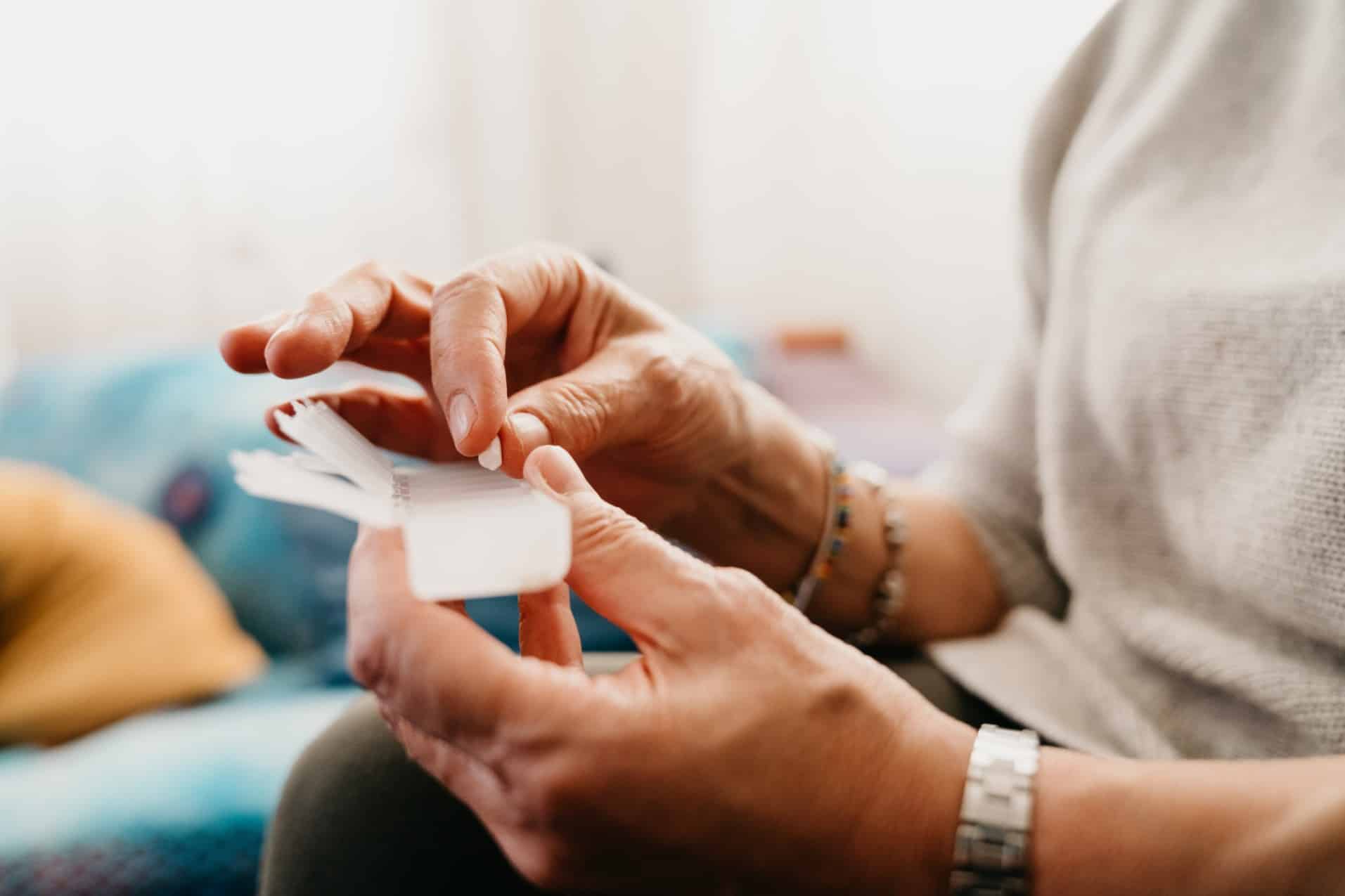Drug-induced bipolar disorder is a serious mental health condition that can have long-term implications. It happens when treatment for a different medical condition, like depression or ADHD can trigger manic episodes in the people it affects. While drug-induced bipolar disorder has similar symptoms to traditional bipolar disorders, it is important to know its unique characteristics and effective treatments in order to deal with this possible negative side effect in a timely and appropriate manner. This article will address the causes of drugs-induced bipolar disorder. It will also provide an overview of symptoms and the various diagnostic techniques psychiatrists employ. In addition, it will explain the treatment options available to help manage the symptoms of a diagnosis. Mental health professionals can give information on how to recognize signs of drug-induced mania in patients taking certain medications. Individuals can then learn the steps to take when a diagnosis is confirmed.

Bipolar disorder is an extremely complex mental illness that is characterized by mood swings, ranging from hypomanic or manic depression-like episodes. While the exact reasons for bipolar disorder remain poorly known, research has revealed that there may be multiple factors at play, including the brain’s chemical makeup, genetics and environmental factors. Bipolar disorders induced by drugs are less widely known forms of bipolar disease that can be triggered either by substance abuse or a specific medication.
Bipolar disorders manifest as symptoms that are caused directly by drugs or medications. This is called drug-induced disorder. It is vital to remember that bipolar disorder caused by drugs can be different from bipolar disorder that manifests without drugs or substances that cause it. In cases of bipolar disorder triggered by drugs disorder, symptoms can be similar to those of bipolar disorder, but they are caused by the use of drugs.
Different substances have been associated with the development of drug-induced bipolar disorder. These include stimulants like amphetamines and cocaine, and ecstasy. As along with certain antidepressant drugs such as steroids, and some herbal supplements. Utilizing these substances can alter the neurotransmitter balance inside the brain, resulting in mood swings and manic or hypomanic episodes.
The signs and symptoms of drug-induced bipolar disorder closely resemble those of bipolar disorder that is more traditional and can include alternating periods of heightened mood (mania or hypomania) and depressive episodes. In hypomanic or manic episodes the sufferers may experience elevated energy levels, more irritability and impulsivity, racing thoughts, less requirement for sleep, and engaging in risky behavior. The depressive episodes on however, are described by feelings of sadness and hopelessness. A loss of interest in specific activities as well as changes in the pattern of sleep or appetite or self-harm thoughts, or suicide, might be an indication.
Diagnosing drug induced bipolar disorder isn’t easy as the symptoms can be misinterpreted as relating to the effects of the substance usage by itself. It is important to distinguish bipolar disorder caused by drugs because they require a different method of treatment. Drug use must be considered and managed alongside the bipolar symptoms for effective stabilization and recovery.
The treatment of bipolar disorder is usually a mixture with psychotherapy, medication, and addressing issues related to drug abuse. Some medications, such as mood stabilizers or antipsychotics, are prescribed to manage mood swings and control symptoms. Psychotherapy such as cognitive-behavioral treatments (CBT) can assist people recognize triggers, build strategies for coping, and alter their lifestyle to support recovery.
Resolving the issue of substance abuse is an essential aspect of treating drug induced bipolar disorder. Participation in treatment for addiction programs, regular attendance at support groups, or working with addiction specialists may be required to address the root causes of addiction. To ensure that recovery is long-term, it is essential to develop a treatment program that takes into account both bipolar symptoms, as well as substances of abuse.
It is essential that you or someone else who you know seeks help from a professional in the event that you suffer from bipolar disorder triggered by drugs. A professional in mental health with experience in treating co-occurring disorder can identify your condition and develop a treatment program specific to your needs. Recovery is possible when you have the right treatment and guidance.
Drug-induced bipolar is a type of bipolar disorder that may be caused by abuse of drugs or certain drugs. In order to ensure proper diagnosis and treatment it is important to differentiate this kind of disorder from the traditional bipolar disorder. Recognizing the cause, symptoms and treatment options of bipolar disorder that is caused by drugs is essential to provide effective care and support for individuals affected by this condition. People can attain stability, recovery and better quality of life by following the appropriate approach, which tackles both bipolar symptoms as well as the effects of substance abuse.